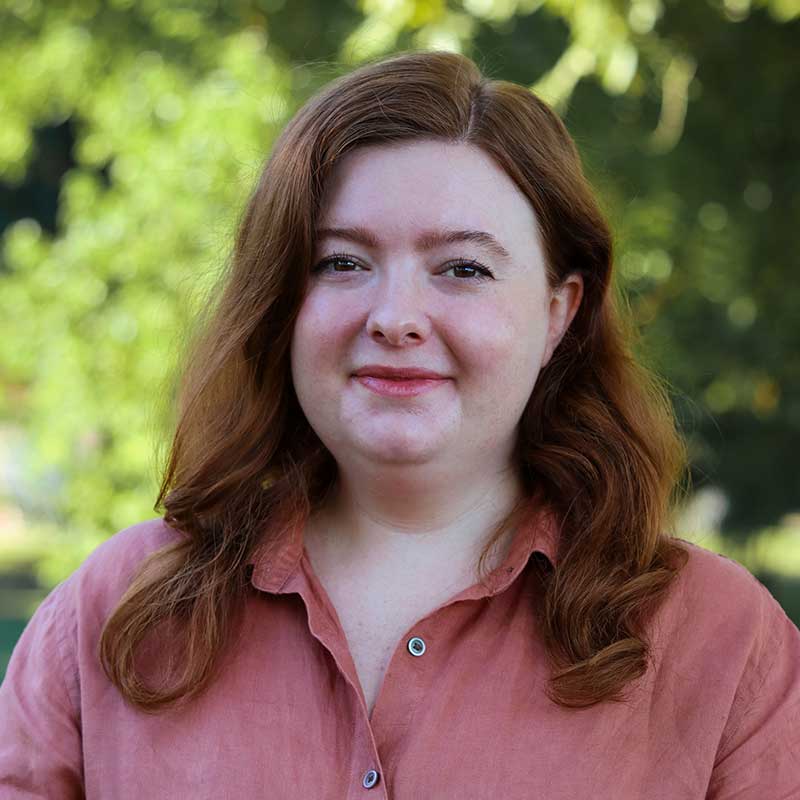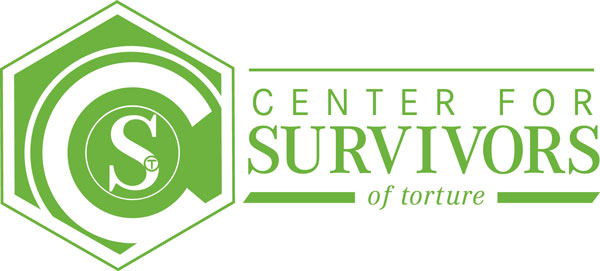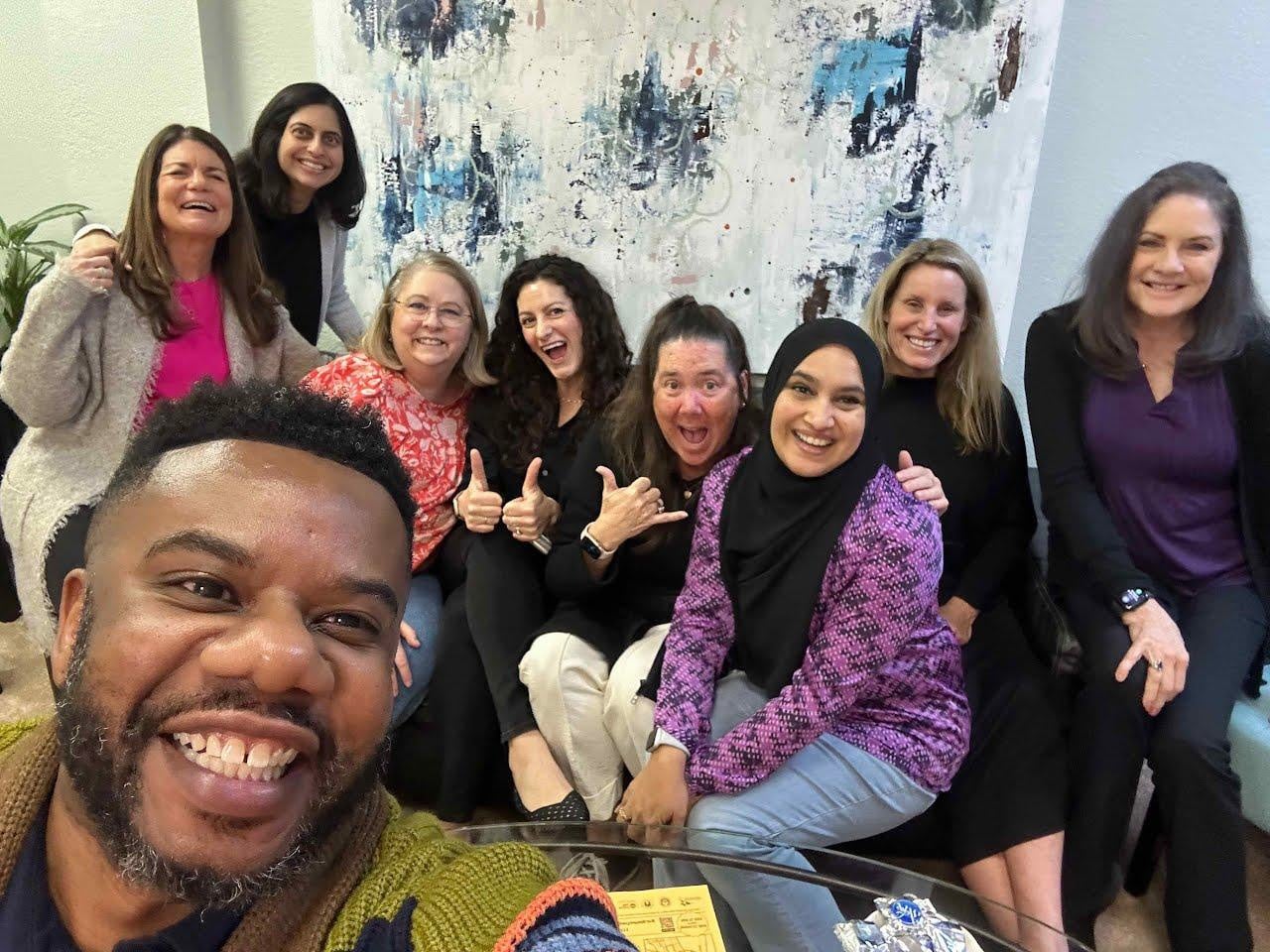CST Board and Staff
Our Staff
All clinical staff have clinical supervisors who practice trauma-informed care. Clinical interns and volunteers meet weekly with their clinical supervisors. Training is secure, ethical and professional.
CST ensures that political, economic, social and cultural rights of all genders are served, providing knowledge-based gender-sensitive assistance to all victims and comprehensive training for staff, board, and volunteers. This is an ongoing process. Additionally, all victims of torture are included for CST services, with no discrimination regarding age (children and adults) sexuality, race, color, gender, disability, language, socioeconomic status, religion, politics, rural or city. To provide effective psychological treatment to torture survivors, clinicians must maintain stable mental health. CST leadership recognizes the importance of maintaining positive mental health and wellness and preventing secondary traumatic stress. To prevent or minimize secondary stress symptoms, a weekly consultation group is facilitated for all providers. Professional development training opportunities and wellness programs are available to CST staff.
Board of Directors

Marco Campos
Past Chair Emeritus

Anne Dadura, LPC
Treasurer Emeritus
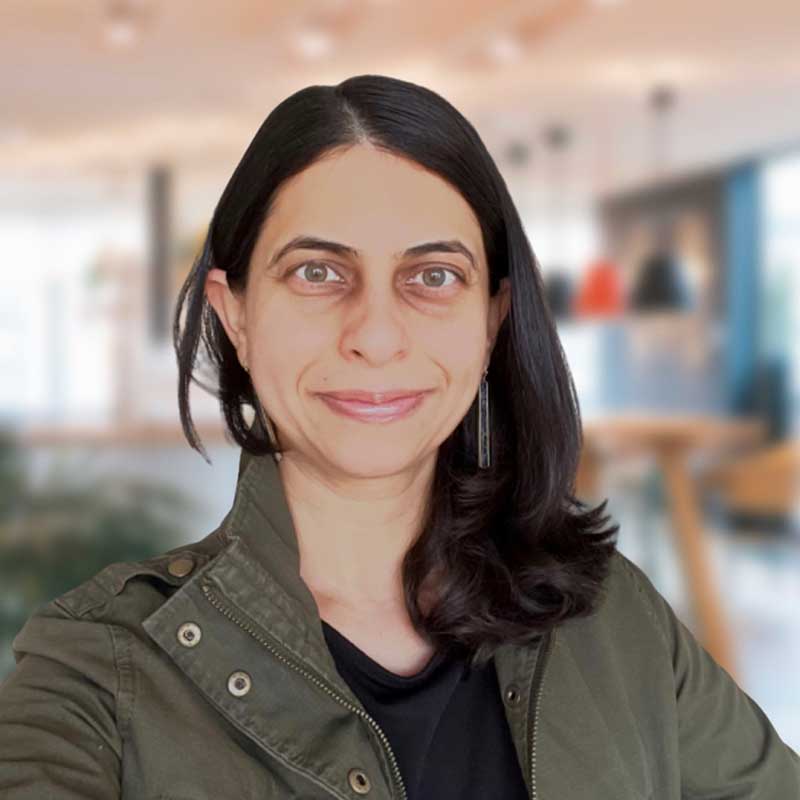
Anagha Gole
Secretary
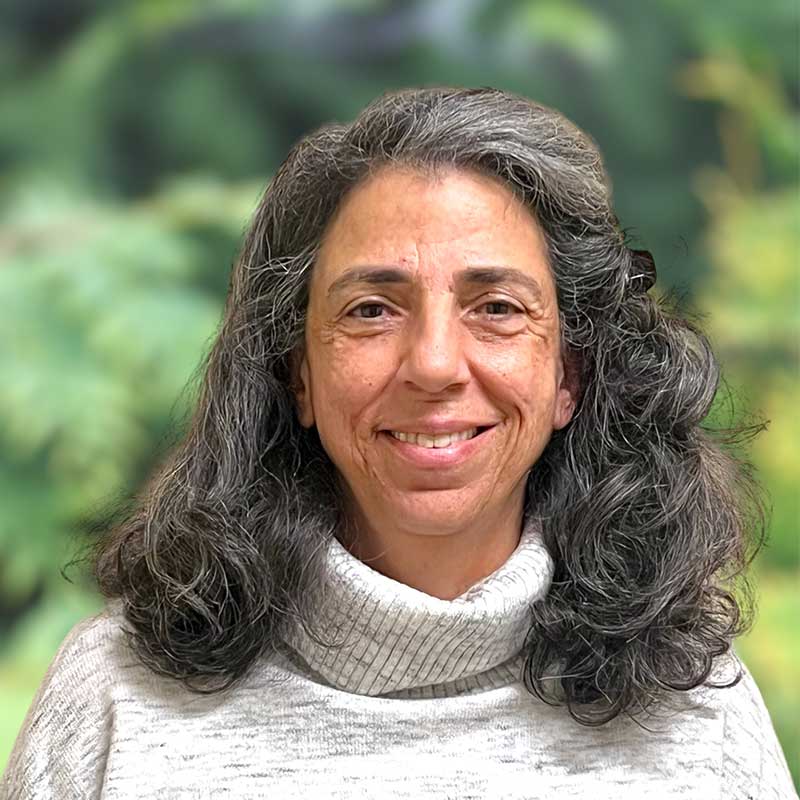
Despina A. Lambros
Board Treasurer

Jodi Linderman
Director

Renée O’Connor
Director
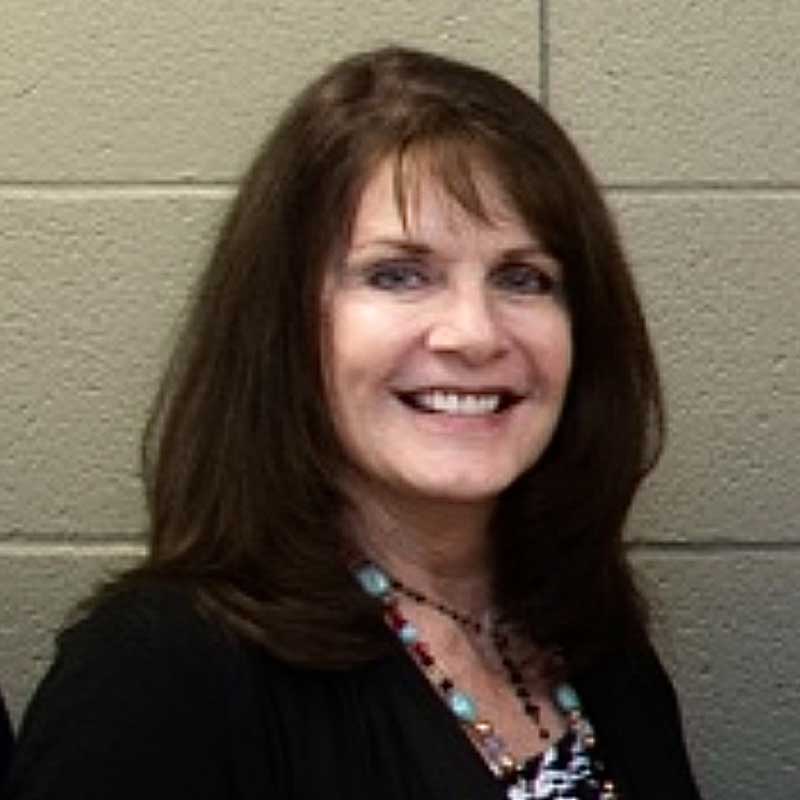
Jeanne Stamp, LCSW, LMFT, LCDC
Chairperson
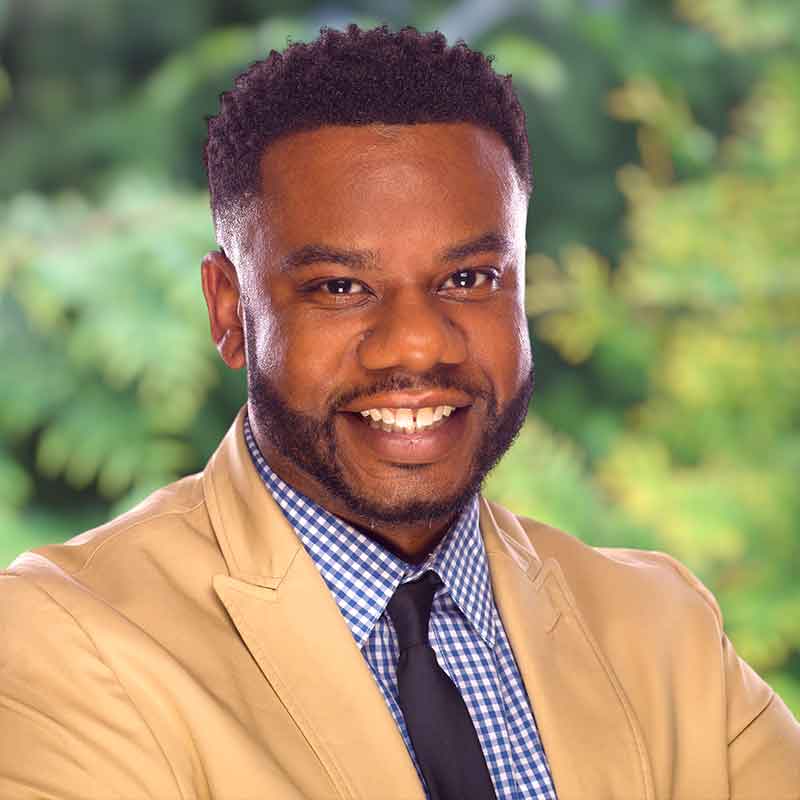
Deon Quinn
Director
CST Key Staff
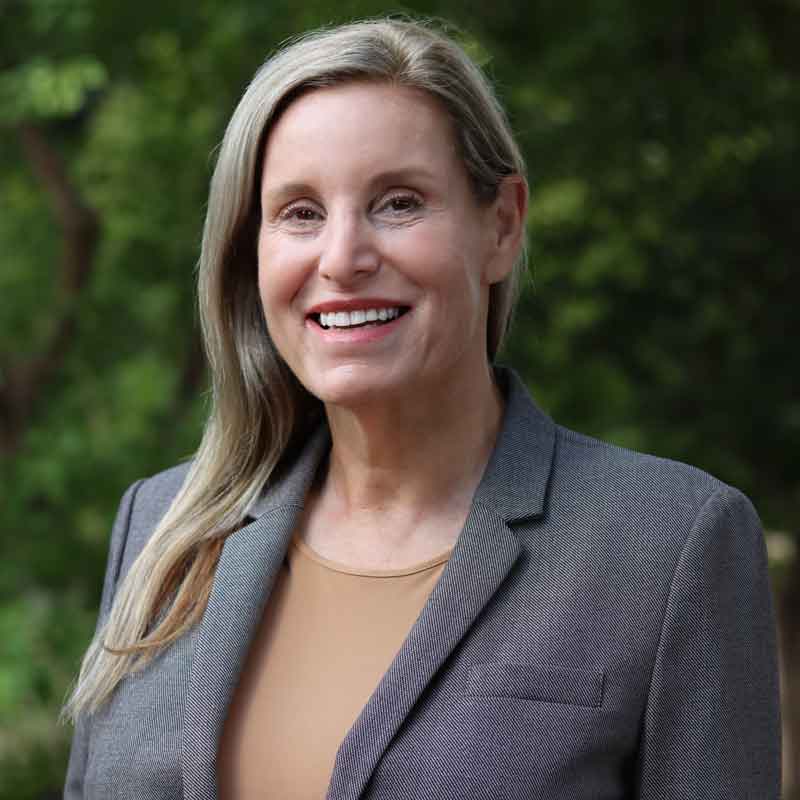
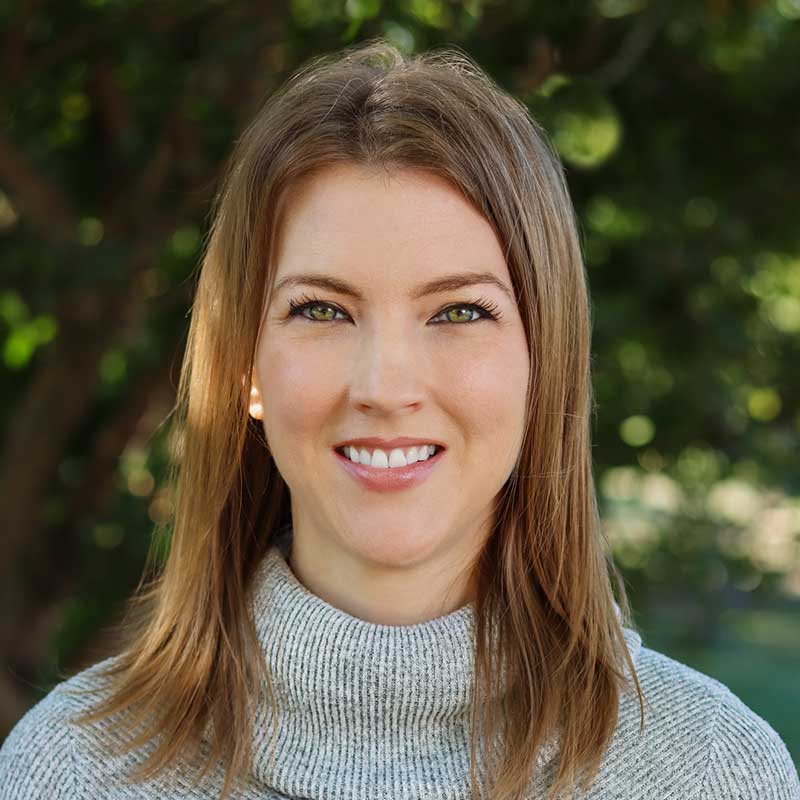
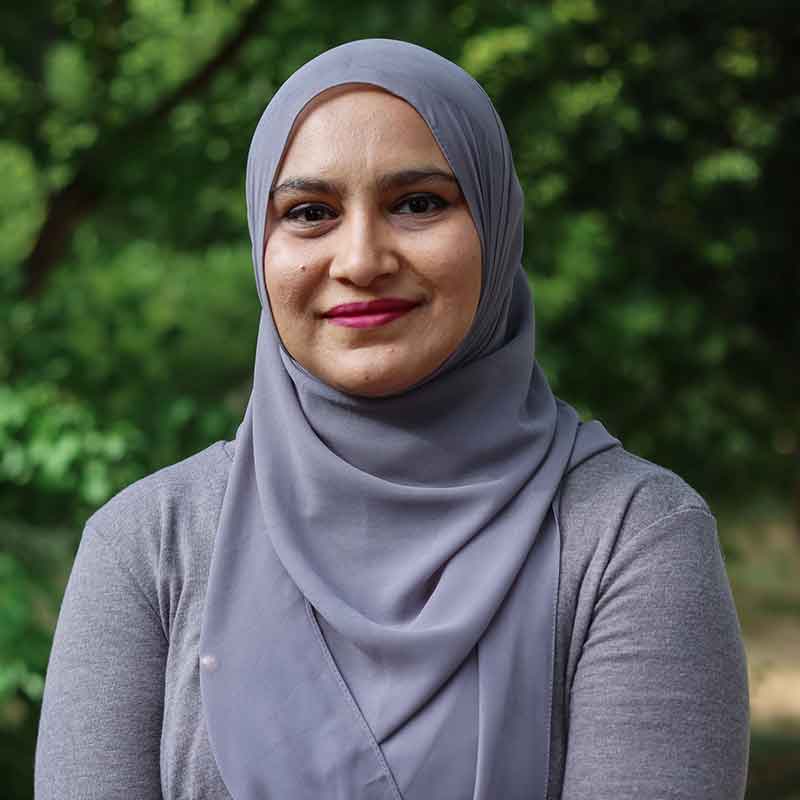
Saman Akhlaque
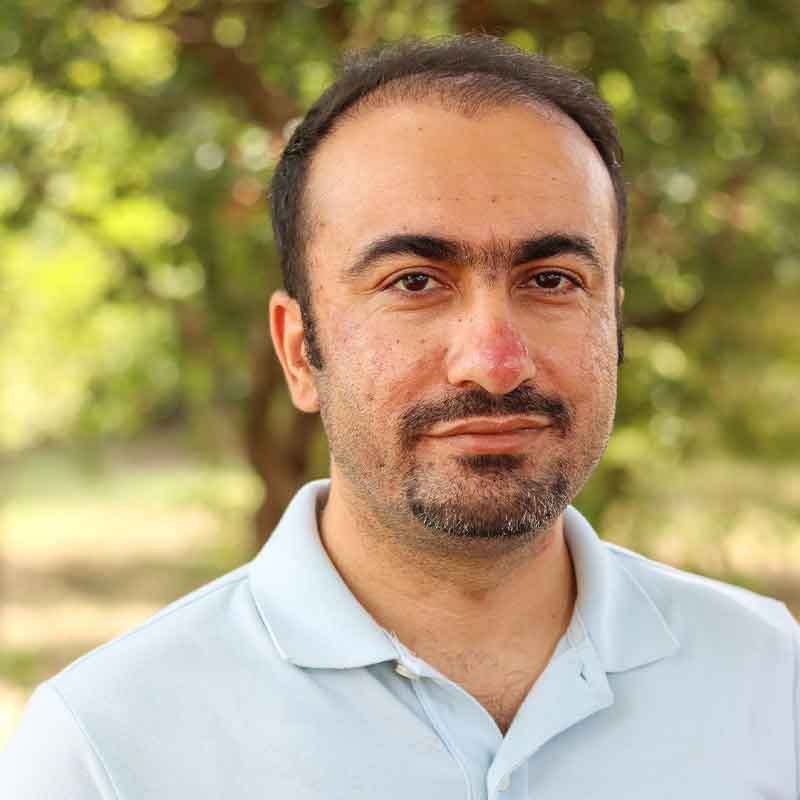
Khosraw Anwari
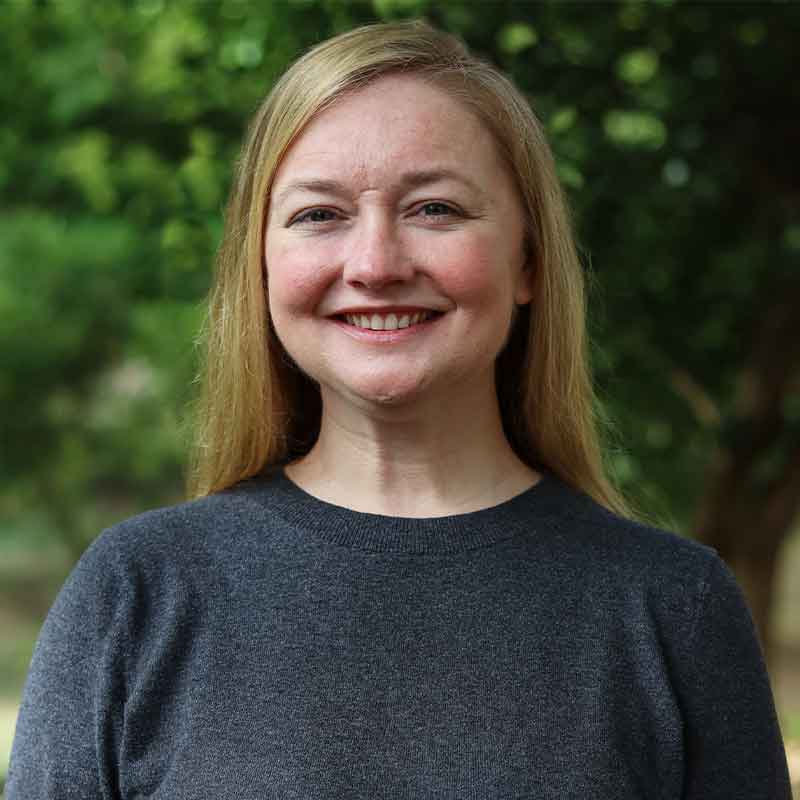
Jennifer Armston
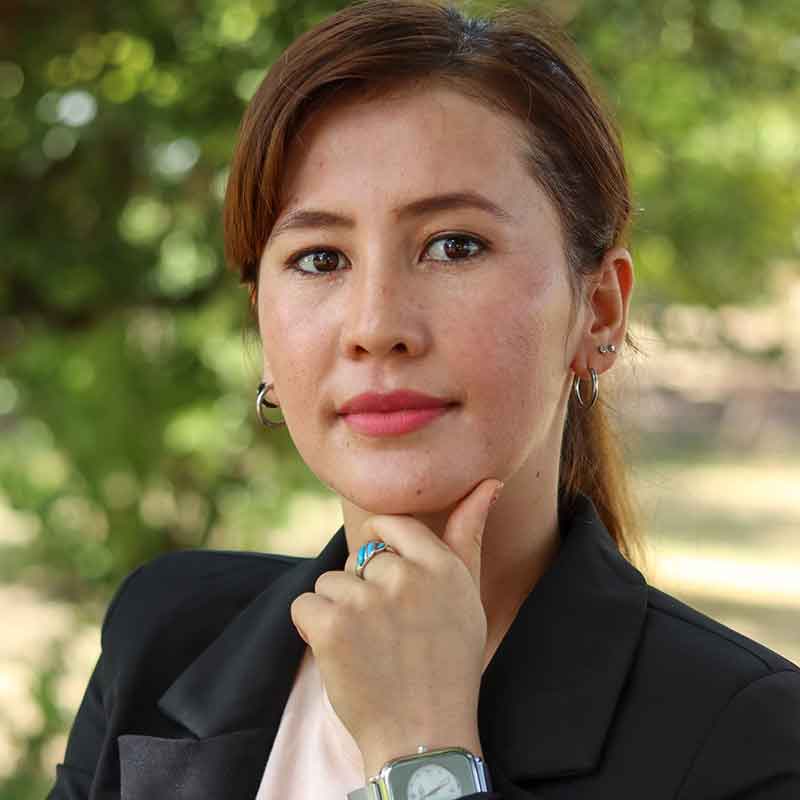
Hakima Askary
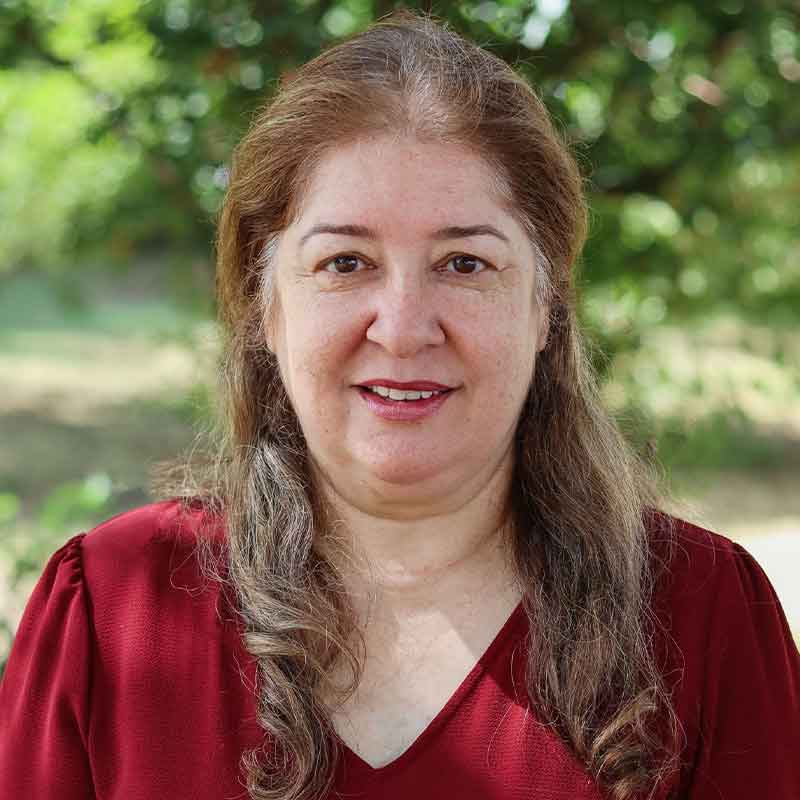
Seema Azam

Helan Balkhi
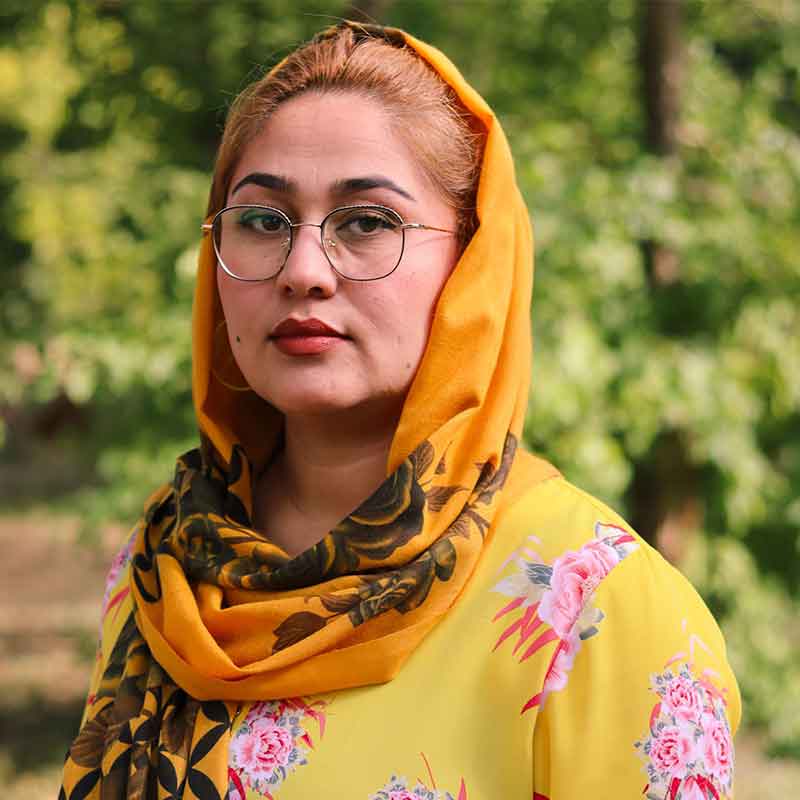
Husnia Behrooz

Tamana Entezar
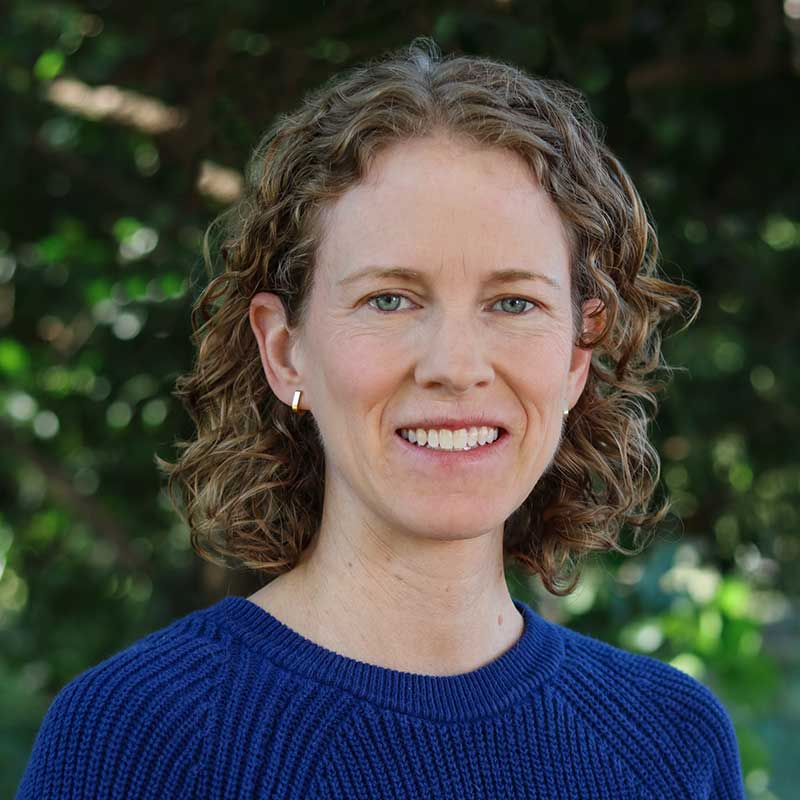
Porter Glass
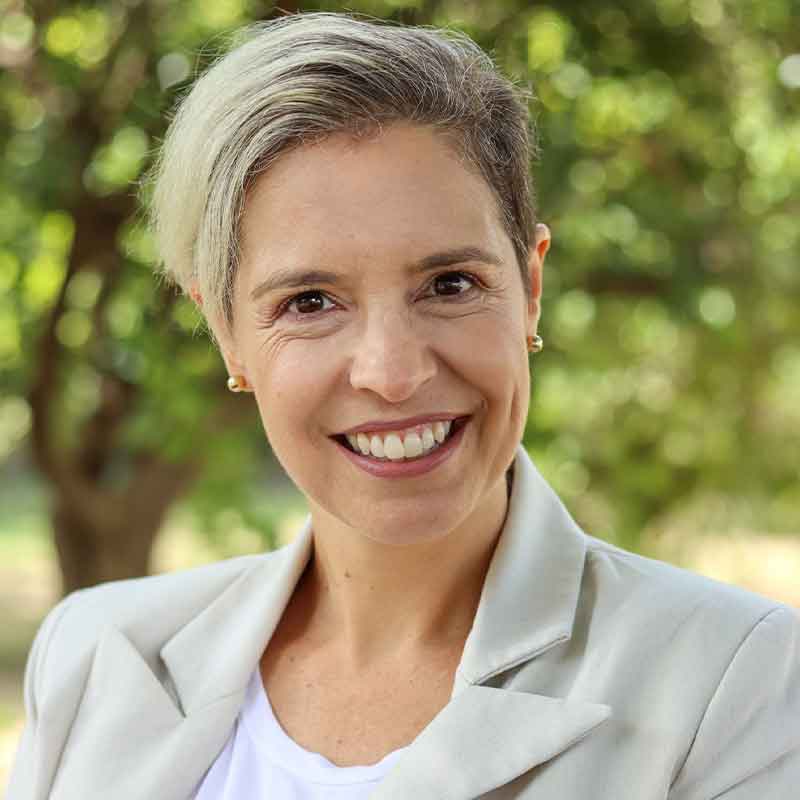
Samanta Grimaldi
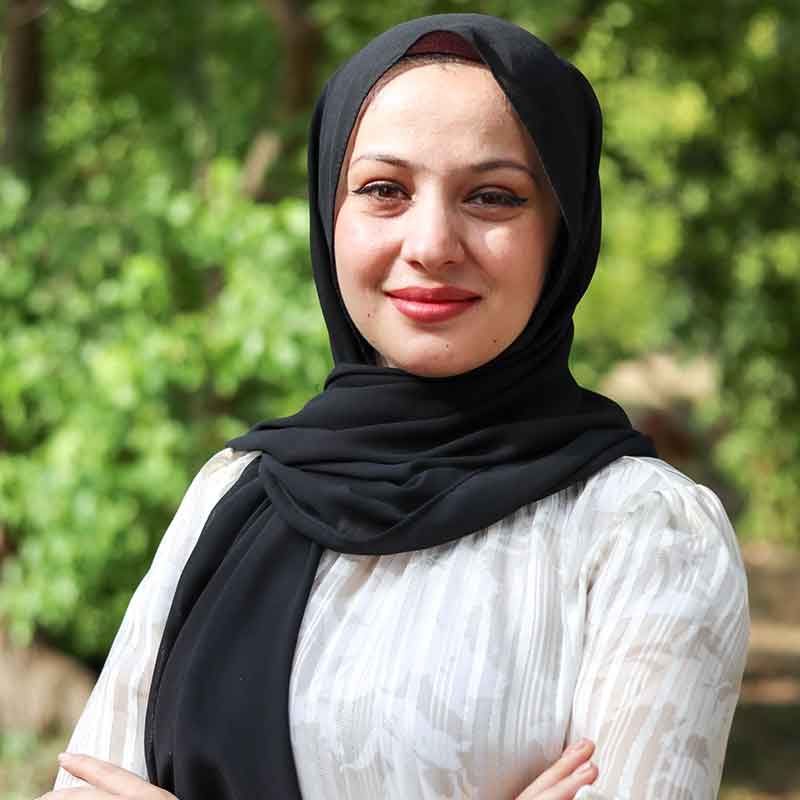
Muska Haseeb
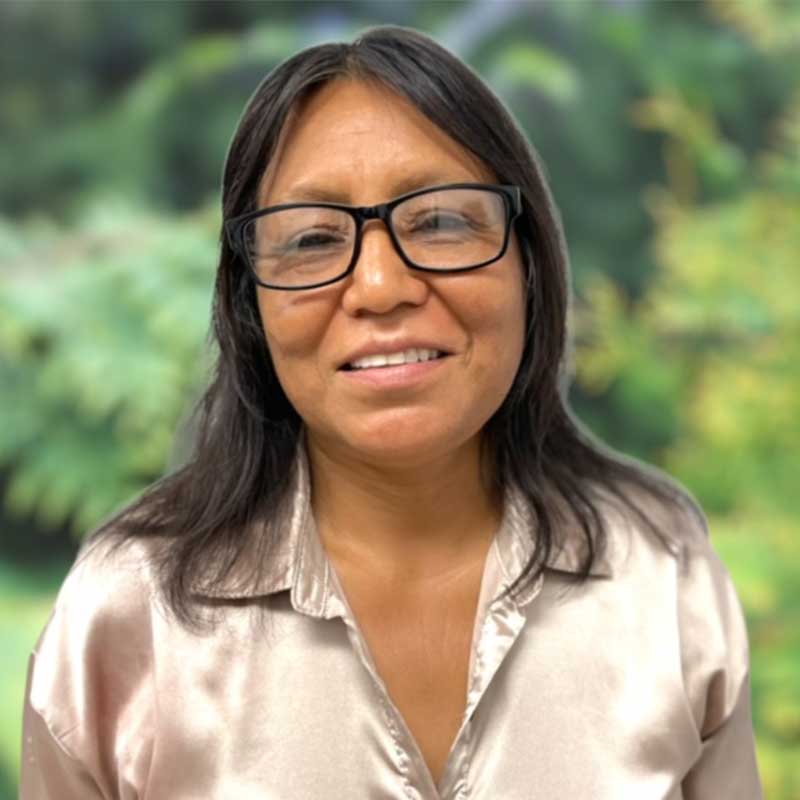
Brigida Sanic Herrera

Shahida Sher Khan
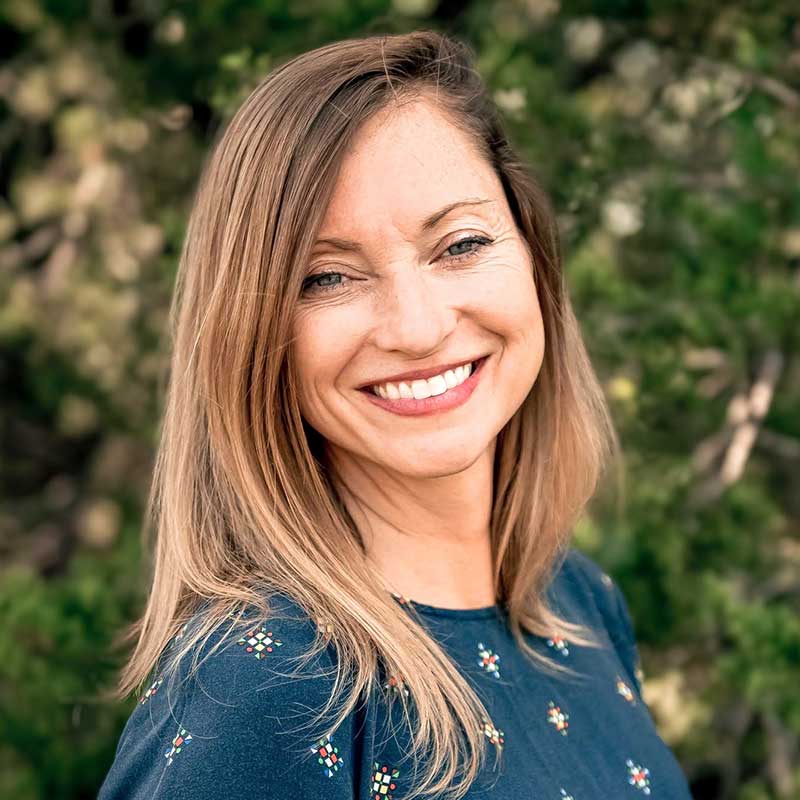
Juli Kramer

Baw Meh
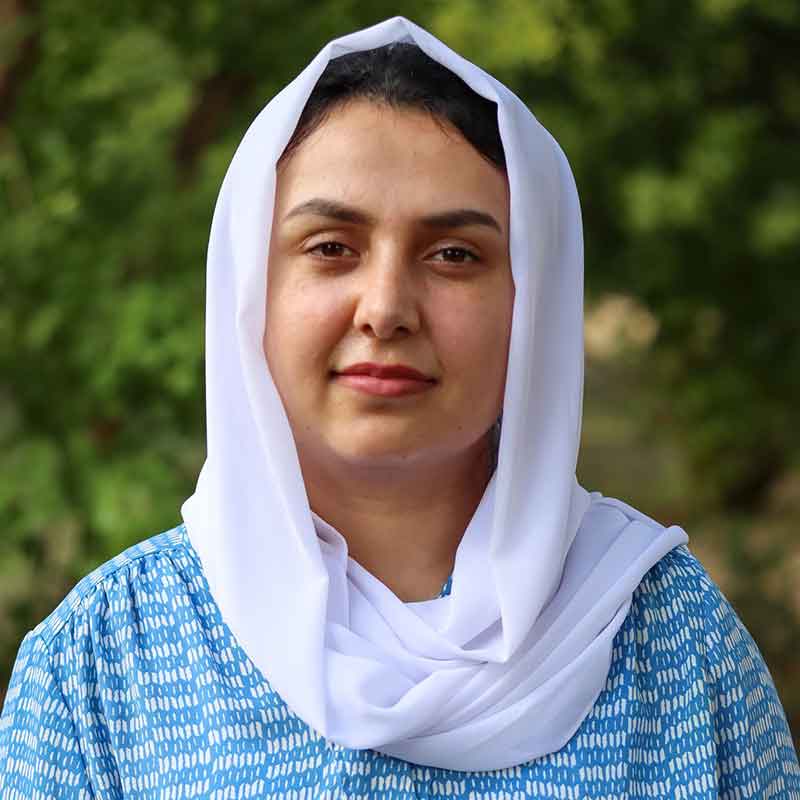
Fariha Mohammadi
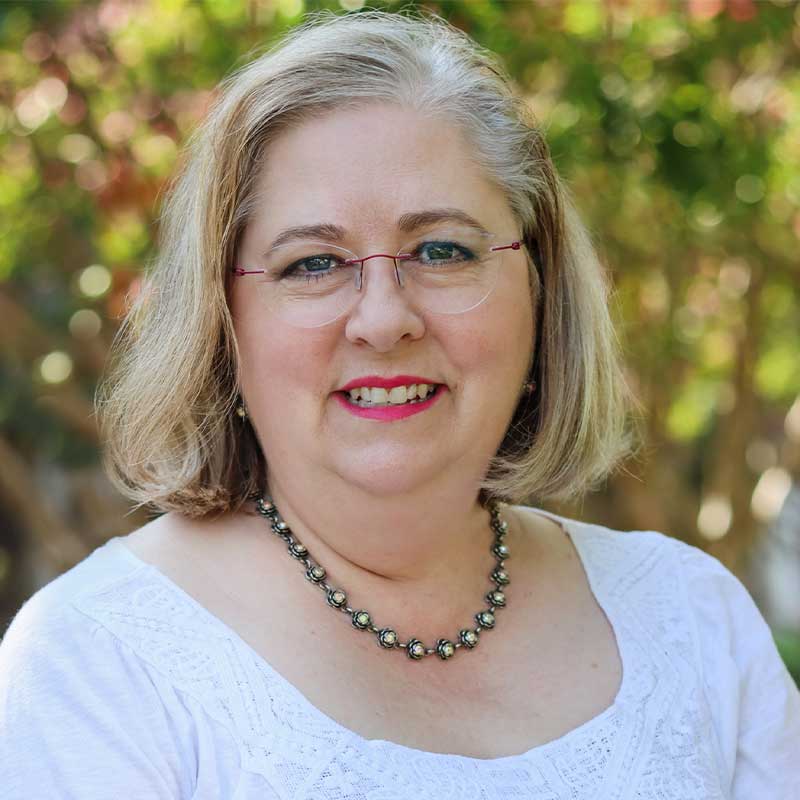
Jennifer Morrison
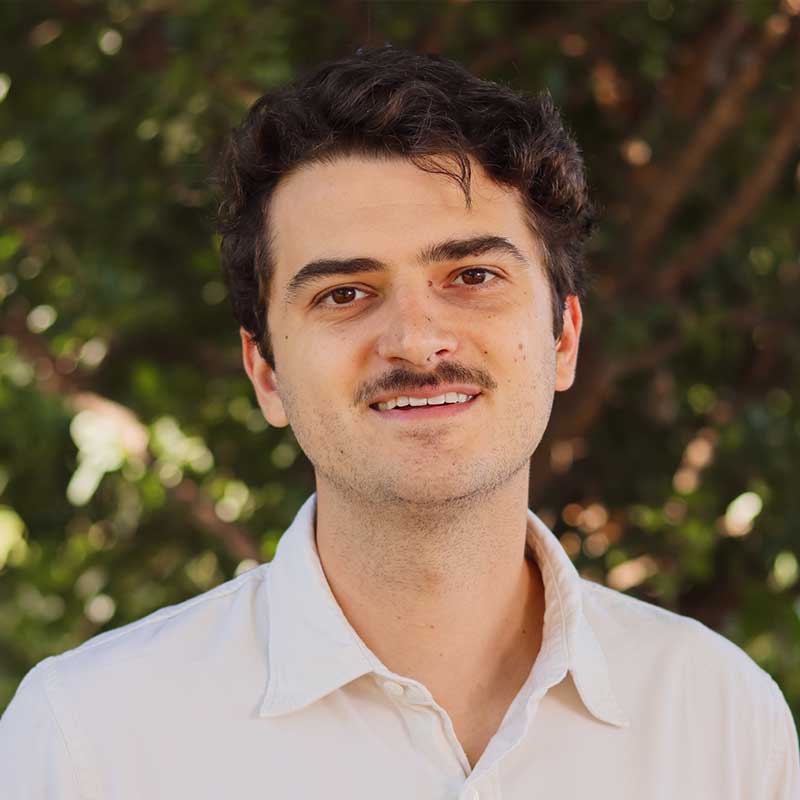
Patrick O'Connor

Iliana Ojeda

Joseph Reis

Medina Serdarevic
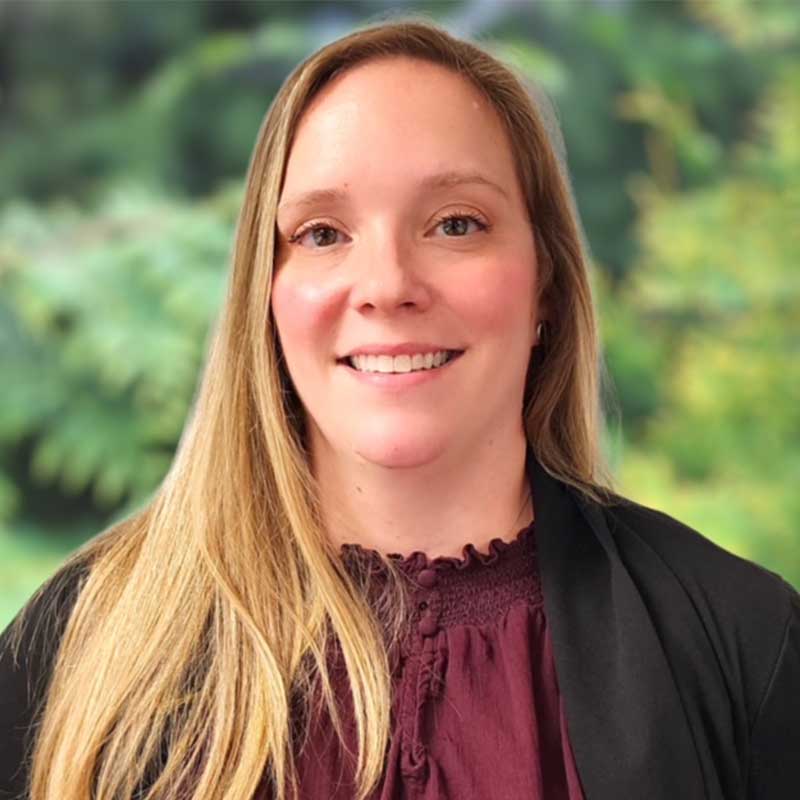
Megan Sissom
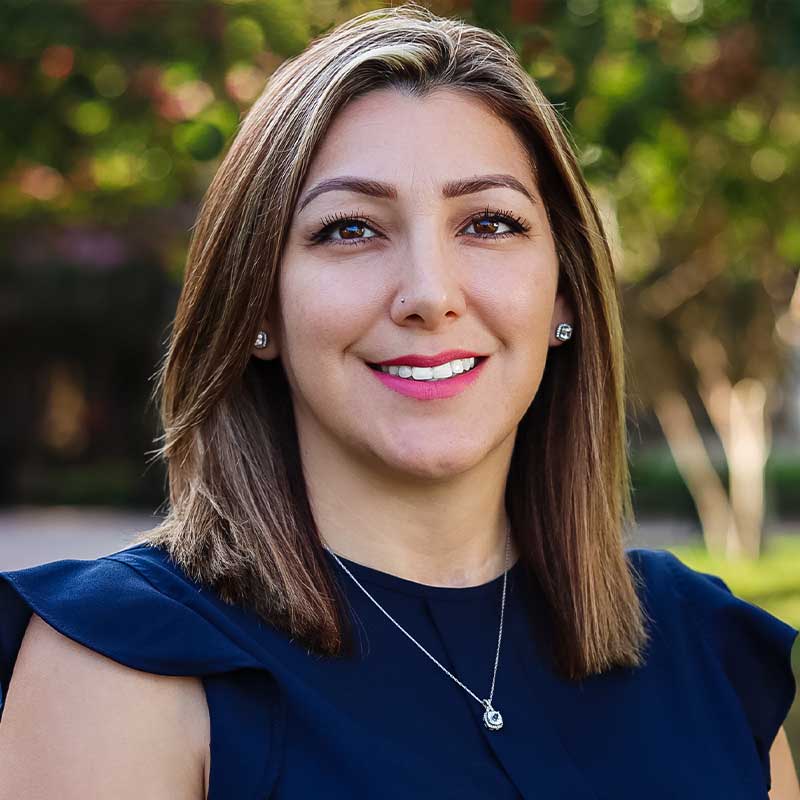
RoseMary Storm
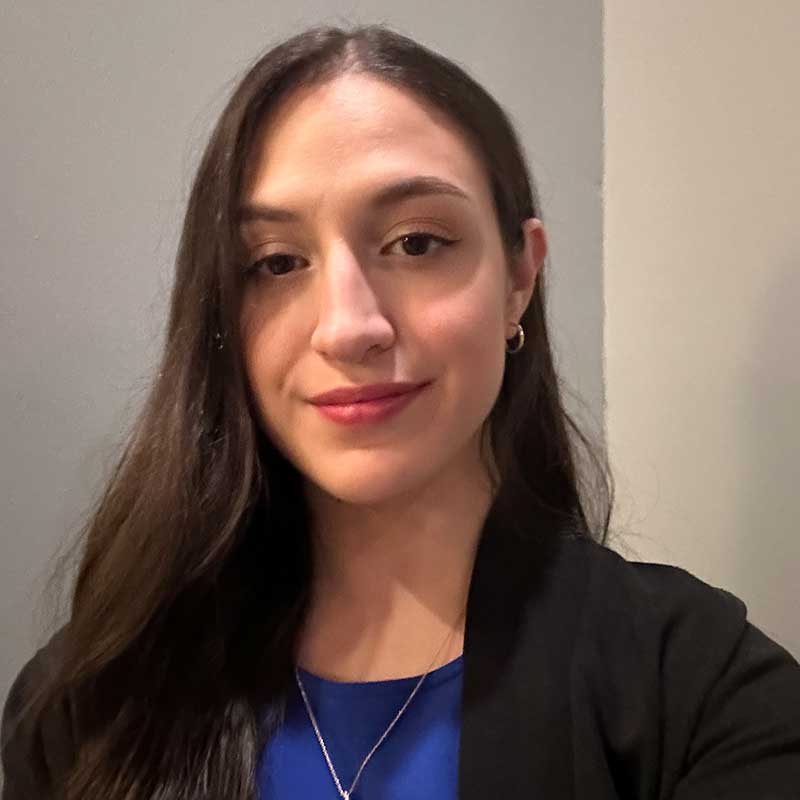
Cynthia Tamez

Susan Wright
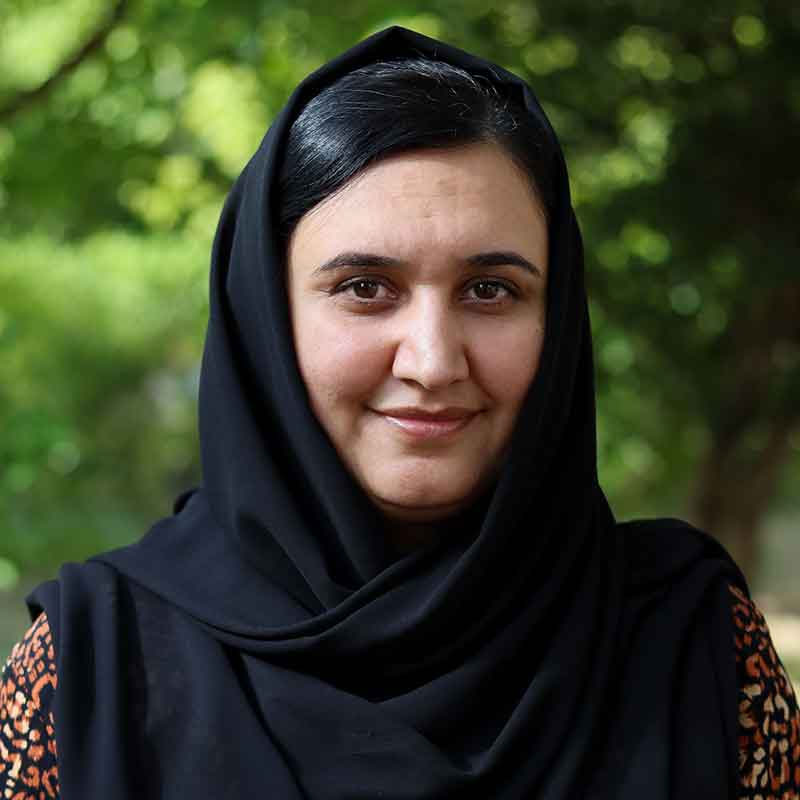
Masooda Yusafzai
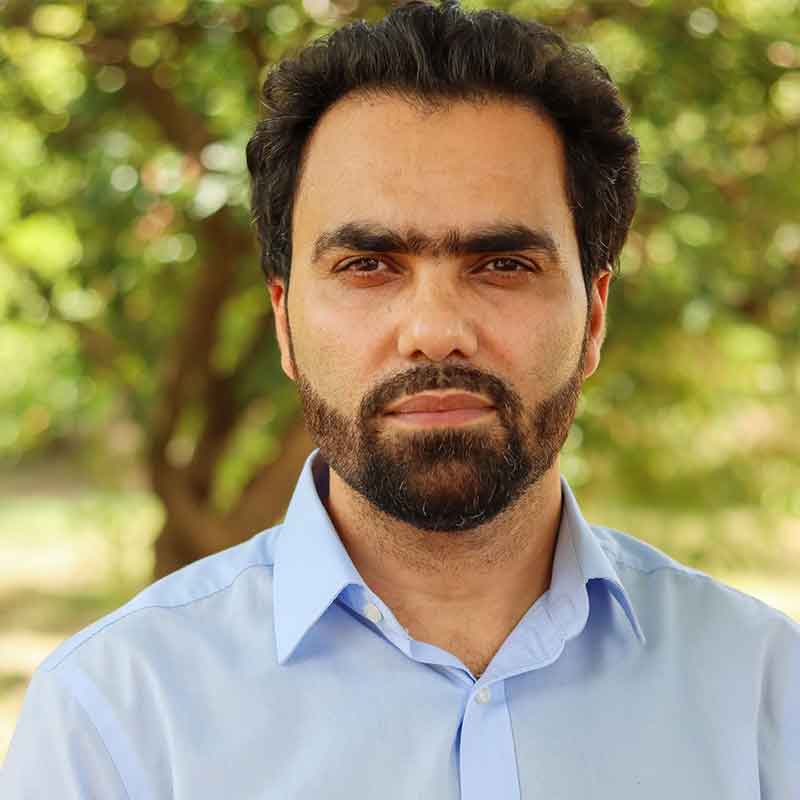
Abdul Zarbi
